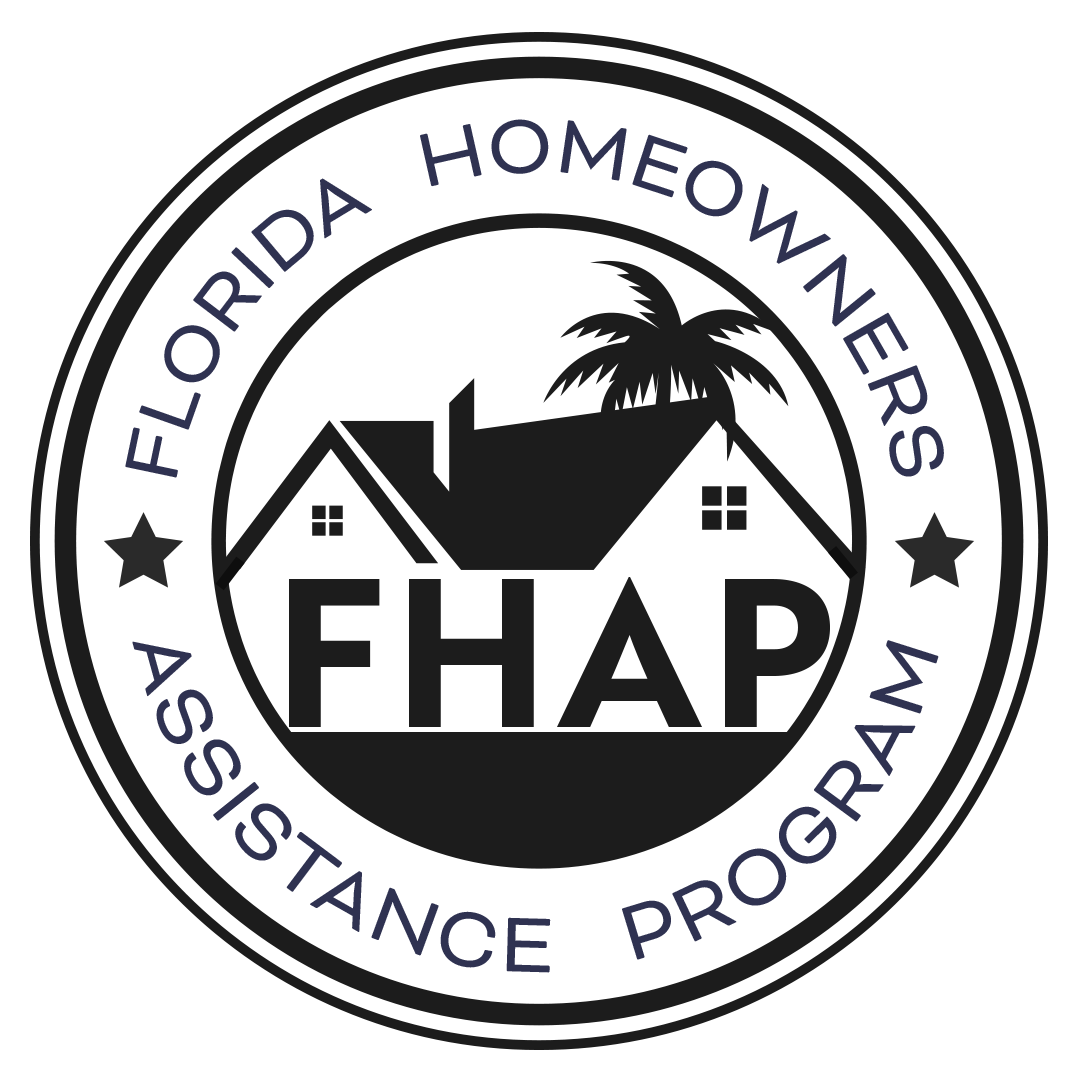Bankruptcy
Foreclosure can be stressful and overwhelming, especially when adding in the distress of potentially losing your home. It can be very emotional. When you consider a bankruptcy and add this to the situation it could make your feel unclear on your next path. FHAP is here to help.
Call our office at (850) 201-0734 so our team can help you find options through this process.

Bankruptcy and Foreclosure in Florida
The facts surrounding bankruptcy as a durable protection against foreclosure is a common idea many distressed homeowners believe and fall back on, especially when facing the possibility losing their homes. The attraction of the “automatic stay” — a short term stay activated upon filing a bankruptcy. This basically acts as a short term protection, slowing the process. This may seem like at a minimum, a chance for homeowners to catch up and regroup. The reality is a little more than this and the details involving it. An “automatic stay” will offer a temporary solution, but isn’t something that will completely stop a foreclosure. It’s more of a pause, or slow down and not a complete cancellation. Bank attorneys have much experience and knowledge when navigating this particular situation. These attorney’s main goal is to protect their client’s financial interests. They usually respond very quick and with great urgency. What they do is petition the bankruptcy court, and present a case to lift the automatic stay and continue with the foreclosure. This request is usually pretty consistent with the original intent of the foreclosure process making these petitions highly approved which then resumes the foreclosure.
“Skeleton” Bankruptcy
Another strategy common among homeowners in the foreclosure process is a “skeleton” bankruptcy, this is the filing of an emergency incomplete bankruptcy. This is a quick fix to pause the foreclosure proceedings. In a last effort to stall, this strategy could be looked at as attractive. This may buy you some time however it’s a huge gamble. Jumping into a bankruptcy with no intent to see it through can end up being more of a complication. The legal community and judiciary view this kind of tactical bankruptcy filing with suspicion. This attempt to game the system when involving the deliberate submission of misleading or incomplete documents, can invite the unwelcome scrutiny of the courts. Courts look to uphold the integrity of the legal process, especially in delicate financial matters such as bankruptcy and foreclosure. Entering the radar of federal agencies can lead to criminal charges, an arena no homeowner would willingly want to step into. The weight of the law can come crashing down with punishments that can include prolonged jail terms, hefty fines that exacerbate already strained finances, or a debilitating mix of both.
Bankruptcy Costs
Filing for bankruptcy is not a neutral action. Bankruptcy appears to provide relief by pausing the looming threat of foreclosure. Complications do arise, by pausing the foreclosure process, this basically allows for bank attorneys to add supplementary charges for their services. These added costs, never seen by the homeowner, increase your total debt. Any funds the homeowner might have after the sale are essentially reduced. In many cases, the increased debt from attorney fees and related costs can entirely deplete these funds, leaving homeowners with nothing. The short-term delay of a bankruptcy filing can come at a steep long-term price. Steering clear of actions that trigger unnecessary legal processes and associated fees will help you as a homeowner achieve the best outcome. In many cases filing for bankruptcy can only serve to complicate the foreclosure process, homeowners have better odds of preserving post auction funds and bettering their financial futures by steering clear of this
FHAP is here to help you navigate the foreclosure process. If you’re unclear on your next steps, don’t hesitate to reach out call us at (850) 201-0734 or fill out the form below and one of our qualified associates will contact you. Please be advised, the information provided on this webpage does not, and is not intended to, constitute legal advice; instead, all information, content, and materials available on this site are for general informational purposes only.
